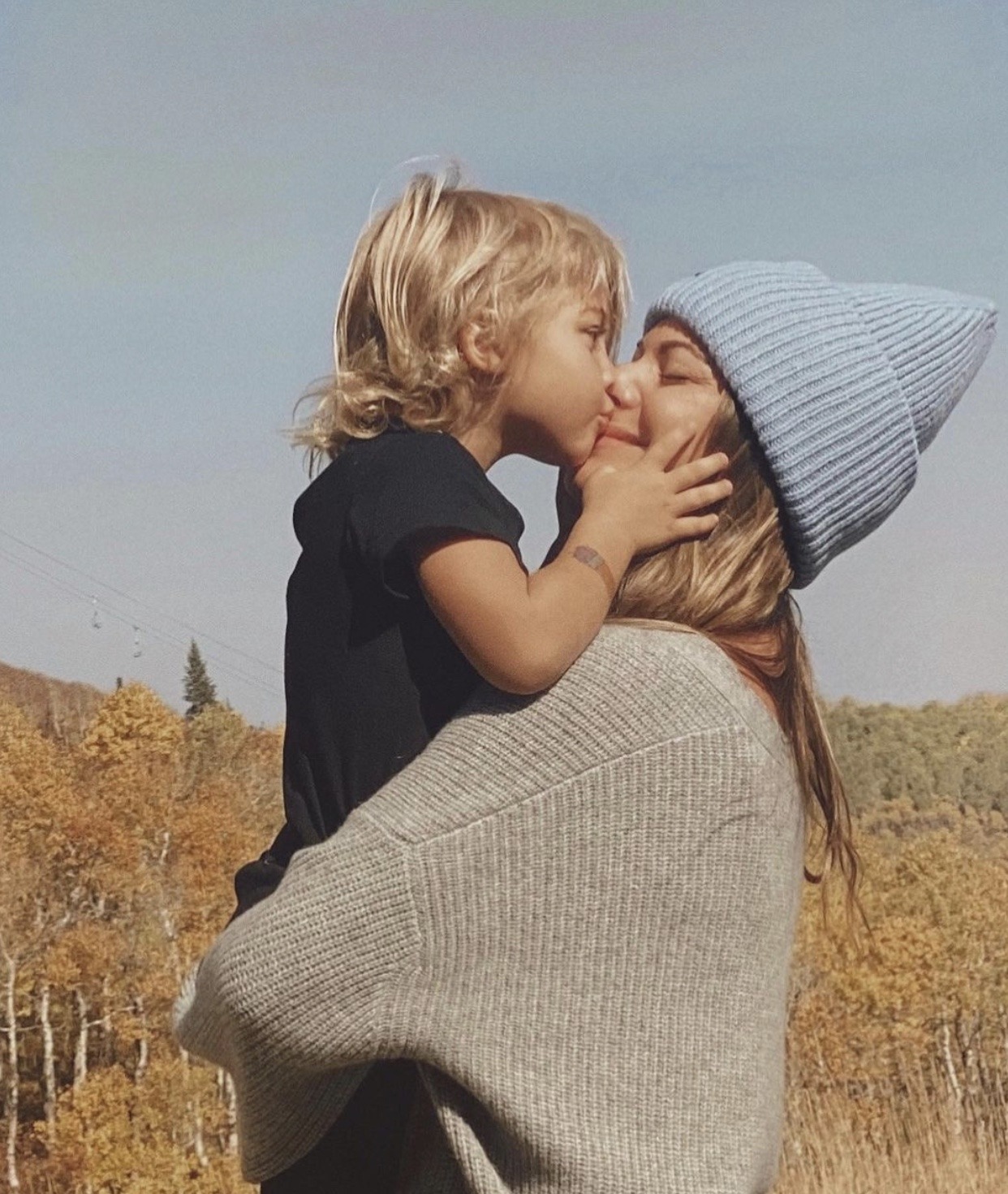Beauty...

By: Grief Expert Claire Bidwell Smith
The pandemic is forcing all of us, kids included, to face our mortality and to ask big questions about life and death. But often parents are left floundering when their kids surprise them with existential questions about life and death. Author and grief expert Claire Bidwell Smith gives us advice on how to handle this sensitive subject.
What do we do when our kids ask us what happens when someone dies.
First of all, I love to remind parents that it’s okay to say, “I don’t know.” What’s more important than having all the answers is creating space to have the conversation in the first place. When your child brings up the topic of death help them ponder ideas and encourage curiosity and creativity. I often use my therapist tricks on my children and turn the question around on them, asking what do YOU think happens? They will often surprise you with their insights. And if you do have a spiritual or religious belief don’t be afraid to share it with them. Simply giving them permission to wonder and discuss is the key here.
How do I help my child grieve all the things they are missing during COVID-life?
It’s so important to let our children grieve and feel sadness. It can be difficult to watch our kids suffering emotionally but encouraging and modeling healthy ways to process tough emotions will serve them throughout their lifetime. Help them name their grief and encourage them to talk about the things they miss like birthday parties and classrooms.
What should I do when my child is expressing anger and anxiety about our new normal way of life?
Anger and anxiety are typical responses to big changes. Keep in mind that anger is often a way to hide more vulnerable emotions such as fear and sadness. Making sure they feel comfortable to feel grief and fear is important. Reassure them that this situation is temporary and remind them of all the ways we are working to stay safe. Help them relax their bodies and teach them simple breathing techniques like these.
What if they ask if we are going to get sick and die?
I know this is a scary (and sometimes emotional) question for parents to receive but it’s important to take our children’s concerns seriously and it can really help to brainstorm practical solutions with them. Remind them that the chances are very low that you will be someone who becomes gravely ill and come up with a plan you can share about who would help to take care of them while you recover.
What do we do if our kids start picking up on our anxiety?
It’s normal for parents and adults to feel anxious right now, amidst so much uncertainty. Be sure to minimize fearful conversations your kids might eavesdrop on and try to keep the news off when they are in the room. The bottom line is that making sure you are taking care of your own mental health will better enable you to be there for your kids. We are living in an unprecedented time in our lives and everyone is struggling on some level. Don’t be afraid to seek help, either in the form of talking to your doctor or seeking a therapist.
Lastly, remember that children are incredibly resilient. They are going to learn so much from this time in our lives and if you can be there to hold space for them as they process it they will come out on the other side with invaluable emotional tools.
Resources For More Tips On This:
www.mindful.org/mindfulness-for-kids/
www.mindfulmazing.com/10-breathing-exercises-for-kids-with-anxiety-or-anger/
https://www.activekids.com/parenting-and-family/articles/13-stress-relief-tips-for-kids
__________
photo courtesy of @laurenireland
Claire Bidwell Smith is an internationally renowned author, speaker, and grief expert. She is the author of three books of nonfiction: The Rules of Inheritance, After This: When Life Is Over Where Do We Go? and Anxiety: The Missing Stage of Grief. Her books have been published in 18 countries and Claire offers grief support and online courses at www.clairebidwellsmith.com.